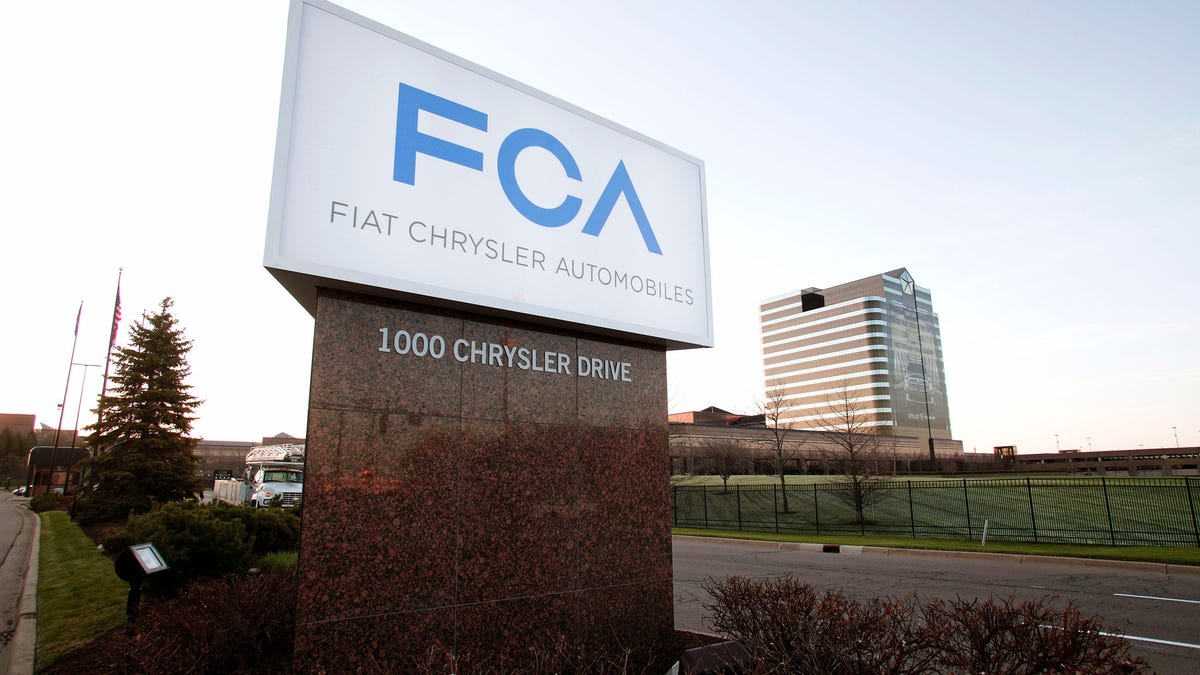Fiat Chrysler partners with BMW, Intel, Mobileye on self-driving cars
Strange bedfellows, indeed.

Fiat Chrysler isn't content to stick with Waymo alone when it comes to preparing for self-driving vehicles.
Fiat Chrysler announced Wednesday that it signed a memorandum of understanding with BMW Group, Intel and Mobileye (now under Intel's ownership), all in the name of co-developing an autonomous driving platform.
Note that this mentions a platform, and not a specific vehicle. Waymo, Uber and Apple are all approaching autonomy from the same angle -- by building a platform, instead of a specific vehicle, you can then sell that platform to an automaker that doesn't want to spend the money developing one itself. That gives FCA an extra cash flow stream, which wouldn't hurt.
Better late than never!
"In order to advance autonomous driving technology, it is vital to form partnerships among automakers, technology providers and suppliers," said Sergio Marchionne, Fiat Chrysler CEO, in a statement. "Joining this cooperation will enable FCA to directly benefit from the synergies and economies of scale that are possible when companies come together with a common vision and objective."
FCA claims that it will lend its engineering and technical know-how to the group, along with its extensive experience in the North American market. BMW will provide some of those things, as well, alongside Mobileye's hardware and Intel's experience with chips and software development.
The goal remains the same as it did before FCA jumped on board -- to create platform-based solutions for both SAE Level 3 and Level 4/5 autonomous driving. Level 3 still uses the human as a fallback, but the car is responsible for monitoring the environment and controlling the vehicle (in certain modes, a good deal of the time). Level 4 only involves human control in specific modes, and Level 5 removes the human element from the situation entirely.
It's believed that the group will bring these technologies to production by 2021. Before then, they will put about 40 test vehicles on the road by the end of this year, growing to approximately 100 thereafter.

